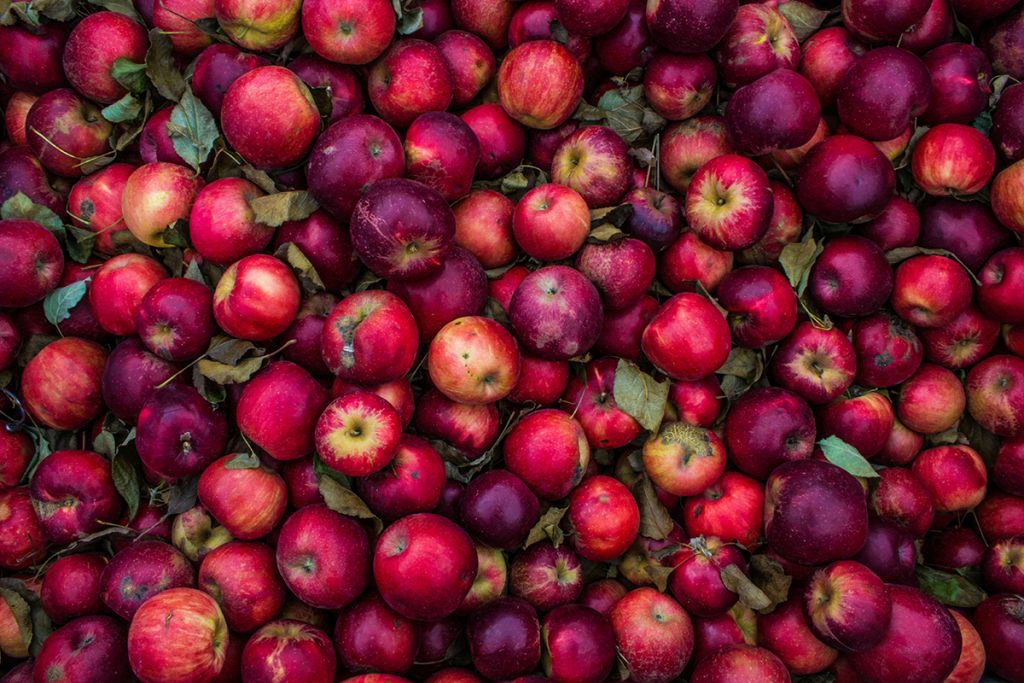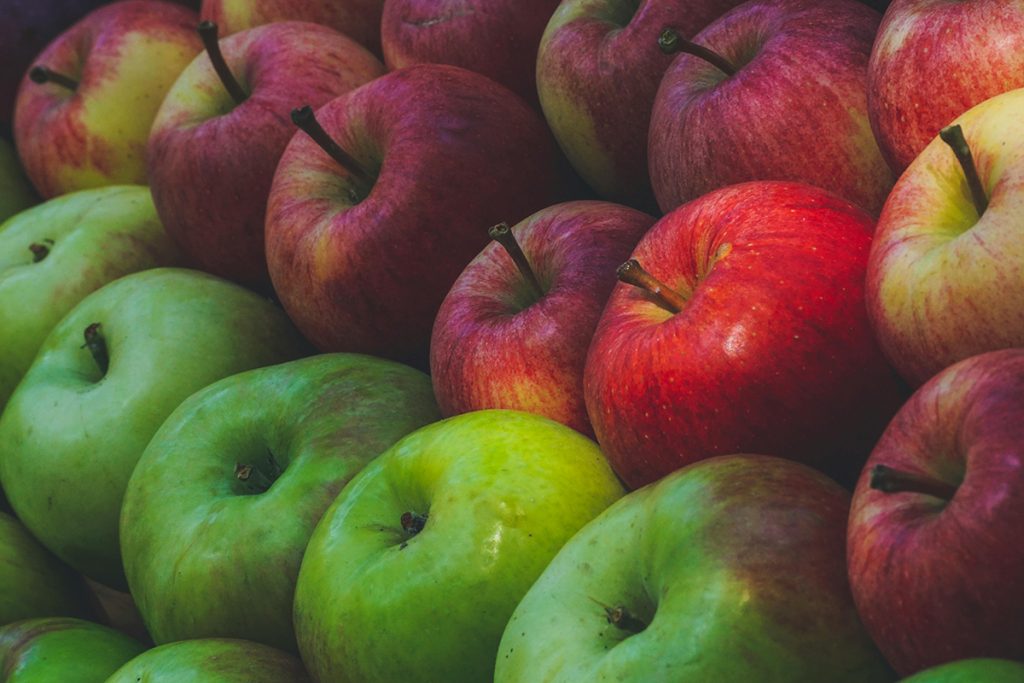Does an apple a day really keep the doctor away?

Surprisingly, there may be some truth to this age-old saying. Apples are rich in phytonutrients that support the immune system, including vitamin C and antioxidants. Vitamin C aids in producing antibodies and helps immune cells travel to infection sites, while antioxidants can reduce excess inflammation, speeding recovery from illness.
Beyond their immune-boosting properties, apples are particularly beneficial for maintaining gut health. Since 70% of immune cells reside in the gut, a healthy microbiome plays a crucial role in supporting the immune system. Apples contribute to this in two ways.
First, a single apple contains about 100 million microbes, which help enhance the gut microbiome’s ability to break down food and release phytonutrients for the body to use. Second, an average apple provides around 4 grams of fiber, a vital fuel source for beneficial gut bacteria that regulate immune responses. For even more fiber, consider fruits like pomegranate, kiwi, or raspberries.
However, no single food can prevent illness. A varied diet rich in fruits, vegetables, whole grains, beans, nuts, and seeds ensures a broader range of fibers, nutrients, polyphenols, and antioxidants essential for overall health. Aim for 30 grams of fiber daily to support both gut and immune health.
How quickly can dietary changes benefit your gut microbiome? Positive impacts may begin in as little as three days, showing how rapidly gut health improvements can support your immune system.

How to choose the perfect apple
Selecting the perfect apple starts with knowing your preferred flavor profile. Do you prefer sweet, tart, spicy, subtle, or a blend of flavors? Once you identify your taste preference, follow these steps to ensure you pick a crisp, juicy, and flavorful apple every time:
01. Test for firmness: Gently press a small area of the apple’s skin. It should feel firm to the touch. Avoid apples that are soft, discolored, or easily dented.
02. Inspect the appearance: While testing firmness, rotate the apple in your hand to check its surface. Minor marks or specks are natural and don’t affect quality, but avoid apples with bruises or visible signs of decay.
03. Learn your varieties: With so many apple options available, familiarize yourself with the characteristics of your favorites, including their size, shape, and ideal uses. For example, Golden Delicious and Rome apples are excellent for baking, while Fuji and Honeycrisp shine when eaten fresh.
Versatile varieties like Pinova, Granny Smith, and Pink Lady apples work well for any purpose. Matching the apple to its intended use enhances your experience.

04. Check the color: Although not a foolproof indicator, color can help guide your selection. For red varieties, choose apples with a mostly red or pink-orange hue over their green background, as these have soaked up plenty of sunlight and are likely to be flavorful.
05. Smell the apple: A fresh, high-quality apple will have a pleasant aroma, though this varies by variety. For instance, Gala apples tend to have a stronger fragrance than others.
By combining these tips, you can confidently choose an apple that matches your preferences and ensures a satisfying bite!
Does an apple a day really keeps the doctor away conclusion
An apple a day might not guarantee keeping the doctor away, but it’s a great step toward a long, healthy, and happy life. Apples, like other fruits and vegetables, are packed with vitamins, minerals, antioxidants, phytochemicals, and fiber—true nutritional powerhouses.
With a low glycaemic index (GI), apples are rich in soluble fiber, which helps lower blood cholesterol and glucose levels. They’re also a great source of essential nutrients like vitamin C and potassium.
Adding an apple to a simple tomato and cucumber salad can elevate its flavor and even encourage picky eaters to enjoy their veggies!




















